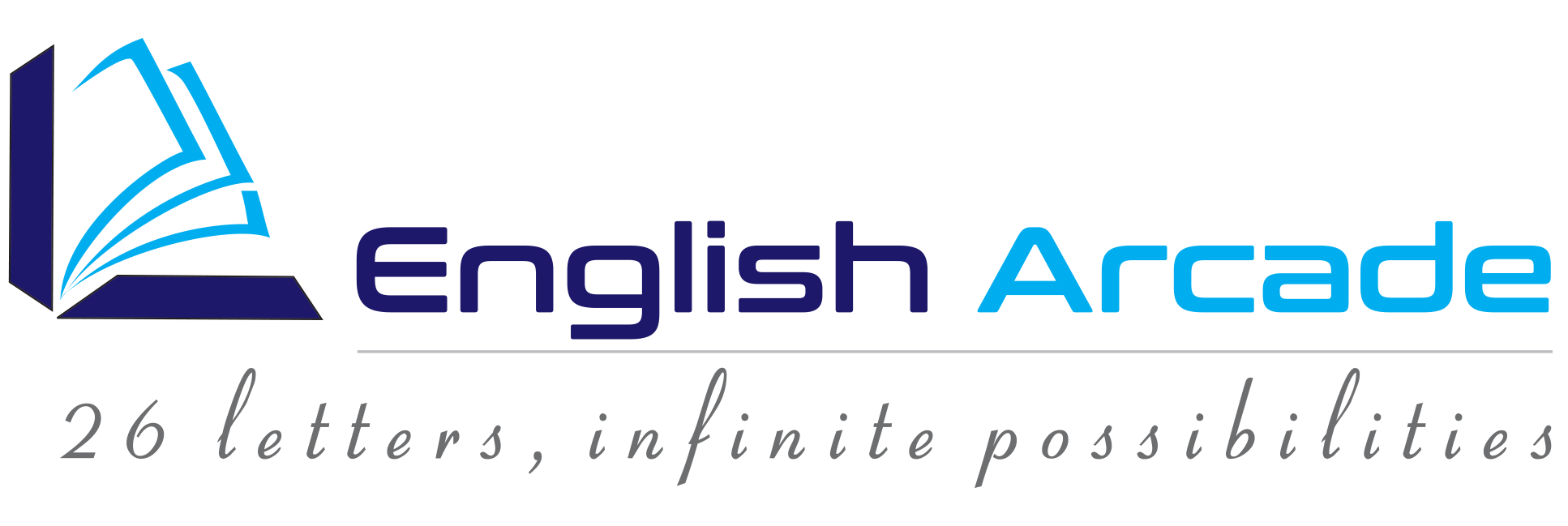Effective Strategies for Overcoming Common Challenges in Employee Training and Development 2024
Overcoming common challenges in employee training and development requires a combination of strategic planning, effective communication, and continuous evaluation. Some common challenges and strategies to address them include: Lack of Engagement: This can be addressed through various strategies like using interactive and engaging training methods such as gamification and simulations, tailoring content to be relevant to employees’ roles, and providing flexible training options. Involving employees in the planning process, communicating the benefits of the training initiatives, and addressing any resistance to change can help increase engagement. Measuring the effectiveness of training programs and adjusting accordingly can also improve engagement over time. Interactive training methods such as gamification, simulations, and hands-on activities are some reliable options to explore and exercise. Tailor the training content to be relevant and relatable to the employees’ roles and responsibilities. A holistic approach that considers the needs and preferences of employees can help overcome the challenge of lack of engagement in training and development. Limited Resources: Limited resources in employee training and development can be managed effectively through strategic planning and prioritization. Training needs should be prioritized according to business goals and employee requirements while ensuring that resources are allocated to areas that will have the most impact. Using online training platforms and digital resources can also help reduce costs. The use of internal expertise through mentorship programs and peer-to-peer learning can be a cost-effective way to develop employees. By making the most of available resources and focusing on key priorities, organizations can overcome the challenge of limited resources in training and development. Resistance to Change: Resistance to change can be addressed through effective communication and involvement of employees in the process. Communicating the reasons behind the change and how it aligns with the organization’s goals is crucial. Providing opportunities for employees to voice their concerns and feedback can help increase their buy-in. Additionally, offer full support and training to help employees adapt to the change. By dealing with resistance to change proactively and involving employees in the process, organizations can overcome this challenge and ensure the success of their training and development initiatives. Time Constraints: Time, or the lack of time, is one of the biggest reasons employees give when asked to participate in a training program. Organizations should consider offering flexible training options such as self-paced online courses or microlearning modules that can be completed in short time frames. Consult with the participants before prioritizing training activities and try scheduling the trainings during less busy periods. This approach can be a major game changer as the employees will feel valued and important. Measuring Effectiveness: Measuring the overall effectiveness of a training program involves various methods – Pre and Post Testing: Assessing knowledge or skills before and after training. Skill Demonstration: Observing participants applying new skills. Feedback Surveys: Collecting participant feedback on content and delivery. Performance Metrics: Tracking relevant metrics like sales or customer satisfaction. Behaviour Change: Assessing changes in behaviour or attitude. ROI Calculation: Comparing training costs to benefits gained. Managerial Feedback: Gathering input from supervisors. Follow-up Assessments: Evaluating long-term retention and application. Keeping up with Technological Advances: Invest in continuous learning programs and training for employees to stay current with new technological advancements. Utilize digital tools and platforms to deliver training in a flexible and efficient manner. Get your employees to join industry groups and forums. Also, ensure that the organization, as a whole, is flexible enough to respond to any technological disruptions and market changes. This is the age of big data and an organization that can leverage data analytics effectively will be capable of making decisions on the fly. In addition, implementing cyber-security measures, automation, AI technologies while keeping all ethical considerations in mind can ensure that your employees as well as the organization are in sync with the world at large. Lack of Alignment with Organizational Goals: This usually occurs when the activities, strategies, and initiatives within a company are not in harmony with its overarching objectives. Ensure that training and development initiatives are aligned with the organization’s overall goals and objectives. Communicate the importance of training in achieving these goals to employees. Any slack in this alignment can, and will definitely impede progress, hinder performance, and undermine the long-term success of a company. It requires proactive efforts to ensure that all levels of the organization are working together towards a common purpose and vision. Addressing these challenges proactively and in real-time as well as implementing effective strategies will help organizations enhance the overall effectiveness of their training and development programs while also ensuring the continuous growth and development of their employees.




